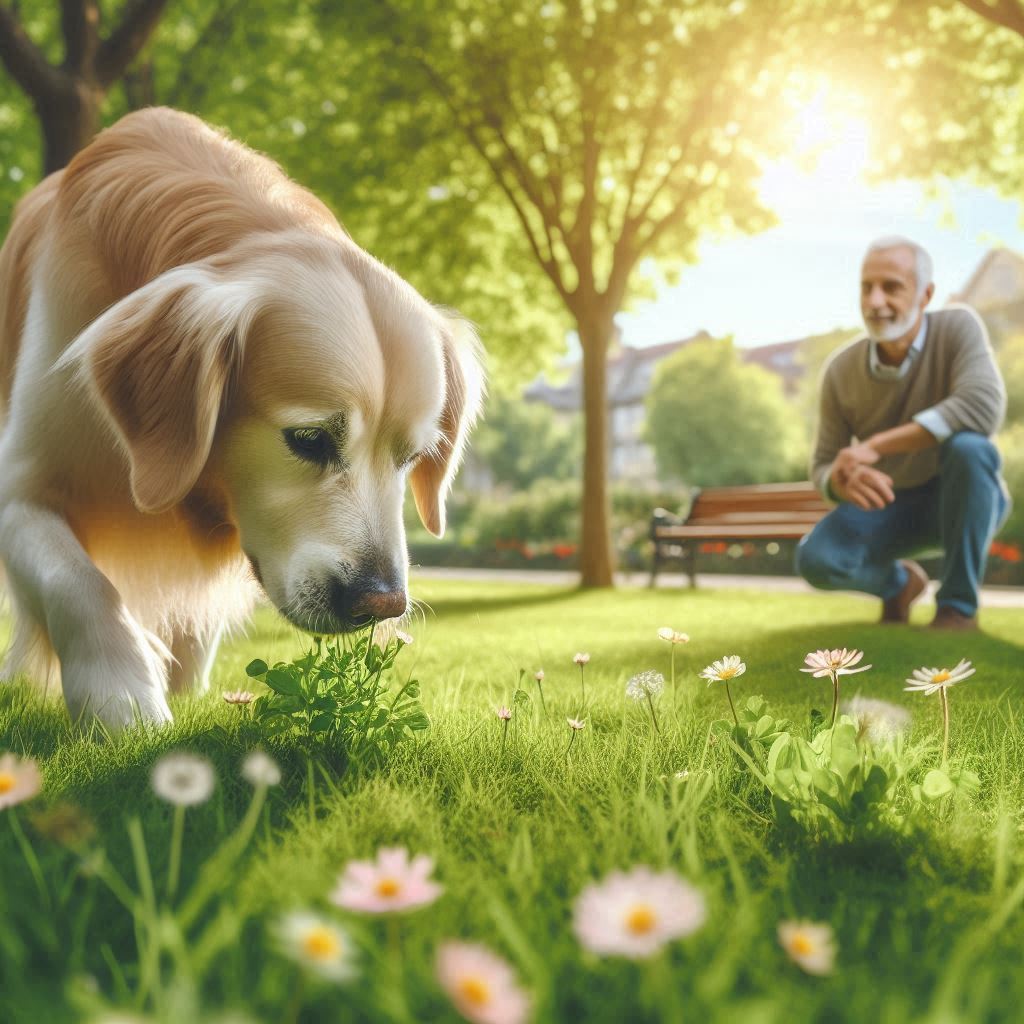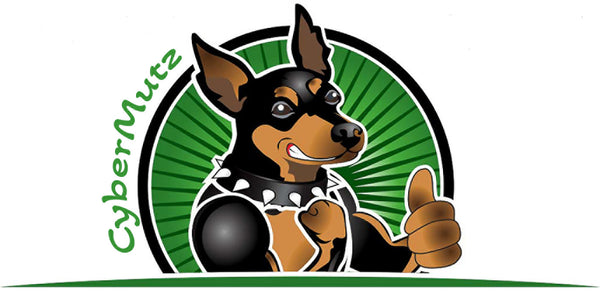
Why Dogs Eat Grass—And Is It Dangerous?
Share
🐾 Why Dogs Eat Grass—And Is It Dangerous?
If you’ve ever looked out your window and caught your dog chowing down on the lawn like it’s a salad bar, you’re not alone—and you’re probably wondering, “Why is my dog eating grass?” Is it a quirky habit, or something you should be concerned about?
Let’s dig into the science, behavior, and myth-busting truths behind this common canine curiosity.
🌱 Is Eating Grass Normal for Dogs?
Yes—grass eating is a very common and typically harmless behavior in dogs. Studies suggest that up to 79% of dogs munch on grass occasionally, and most show no signs of illness before or after.
Quick Take: In most cases, dogs eat grass simply because they want to. It’s natural and not usually cause for concern.
🧠 Why Do Dogs Eat Grass? 5 Theories That Make Sense
1.
It’s Instinctive
Dogs are descendants of wild canines who consumed whole prey—including plant-filled stomachs. Grass munching may be a throwback to their ancestral diet.
2.
They’re Bored or Stressed
Like chewing your nails or snacking out of boredom, grass eating can be a behavior rooted in anxiety or lack of stimulation.
3.
Stomach Relief
Many believe dogs eat grass to induce vomiting if they feel unwell. However, studies show less than 25% of dogs vomit afterward, making this theory less likely for most.
4.
Nutritional Gaps
Dogs lacking fiber or trace nutrients may instinctively turn to grass. A dietary evaluation could help if the behavior becomes obsessive.
5.
It Tastes Good
Sometimes, it’s just that simple. Some dogs just like the texture, smell, or taste of fresh grass—especially after a good rain.
⚠️ When to Be Concerned
Grass eating is usually safe, but watch out for:
-
Daily or excessive grass consumption
-
Frequent vomiting after eating grass
-
Signs of digestive upset (diarrhea, lethargy, appetite loss)
-
Lawns treated with chemicals or pesticides
Important: Always check that the grass your dog eats is free from fertilizers, herbicides, or insecticides.
✅ Safe Alternatives and Tips
Want to redirect your dog’s grassy obsession? Try these:
-
Ensure a nutritionally complete diet
-
Offer wheatgrass trays as a safe indoor snack
-
Use interactive feeders and toys to reduce boredom
-
Provide regular walks and outdoor stimulation
-
Monitor anxiety triggers—especially if grass eating is compulsive
🐶 Final Woof
Grass eating in dogs is more common than you think—and usually no big deal. Whether it’s instinct, taste, or curiosity, most dogs treat it like a harmless hobby. That said, if your dog eats grass constantly or seems unwell, a quick check-up with your vet can rule out any hidden issues.
✅ In short: Grass eating? Totally normal. Just keep it safe and supervised.
🔗 Related Posts You Might Like:
